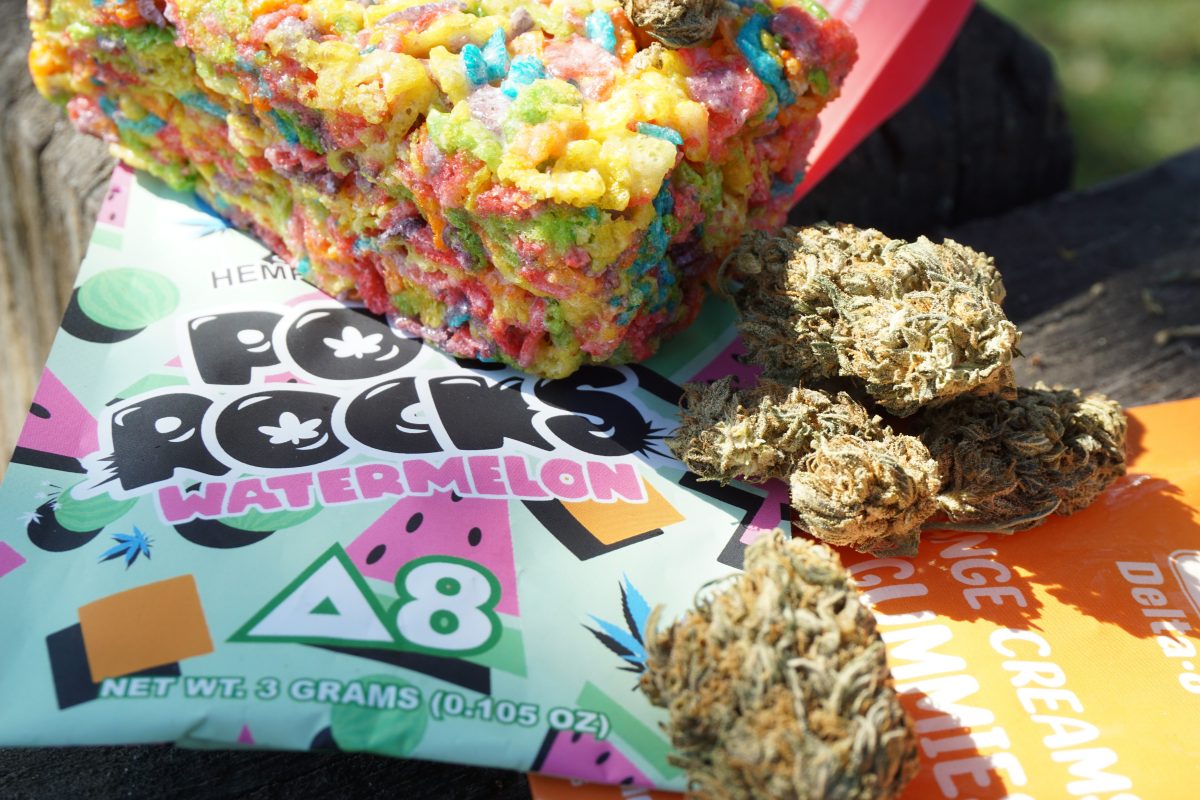State lawmakers will review a bill Wednesday that threatens a number of hemp-derived THC product sales in Tennessee, would slightly increase felony incarcerations, and would cost the state millions of dollars.
The bill seems to tackle the thorny issue of federally legal, hemp-derived THC products like Delta 8, HHC, and THC-O in Tennessee. It would ban the sale or possession of such products that have a THC concentration of more than 0.3 percent on a dry weight basis, which is already the federal legal limit for such products.
The bill, sponsored by Republicans in the House and Senate, would redefine hemp products with more than the federally legal limit as “marijuana,” according to an official review of the bill. This would make selling or possessing these products criminal offenses equal to marijuana in state law.
The Farm Bill was updated in 2018 to clarify the main difference between hemp and “marihuana,” as it is spelled in federal law. It says marijuana does not include hemp. Hemp has a dry-weight THC concentration of less than .3 percent. Marijuana contains more than that.
The review of the bill from the Tennessee General Assembly Fiscal Review Committee is built on a set of assumptions. It says such products are unregulated at the state and federal level. Sales of the products are assumed to be due to psychoactive effects of the cannabinoids found in them.
Also, products sold here are “assumed to significantly exceed the concentration threshold of 0.3 percent.” Finally, “it is assumed that the majority of retailers who currently sell such products will cease sale of such products across the state, rather than risk criminal penalties.”
If retailers stopped selling these products, state and local taxes would decrease by more than $4.8 million in the next fiscal year and about $1.9 million in following years, according to the review. These figures are based on a study from the Brightfield Group, a hemp market study firm. Tennessee sales of the products targeted by the legislation were about $4.7 million in 2020, according to the study. State researchers valued the overall market for the products in question at $73.4 million in Tennessee.
As for felonies, the Tennessee Department of Corrections told state researchers that an average of 6.6 Class C felons have been admitted to its system each year for the last 10 years. That figure would increase by one under the new legislation, according to the review. With this, incarceration costs would rise by $2,900 annually under the legislation.
For this and more, the Tennessee Growers Coalition, a political action committee that supports hemp-friendly politicians, told its supporters on Facebook this week that “we must organize to oppose” the bill.
“This is to all but make [Delta 8] and all other hemp-derived THCs illegal, re-criminalizing what is now legal under state and federal law,” reads the post. “Please act on this. Not the time to remain on the sidelines or be apolitical. This is your livelihood.”
The state House Criminal Justice Subcommittee is slated to review the bill Wednesday.
